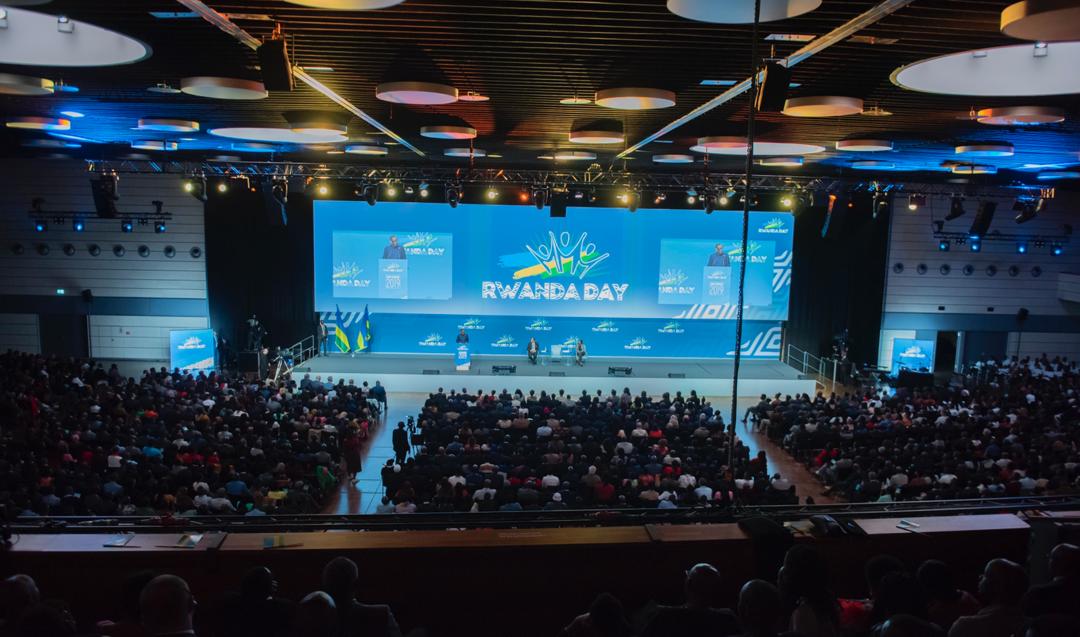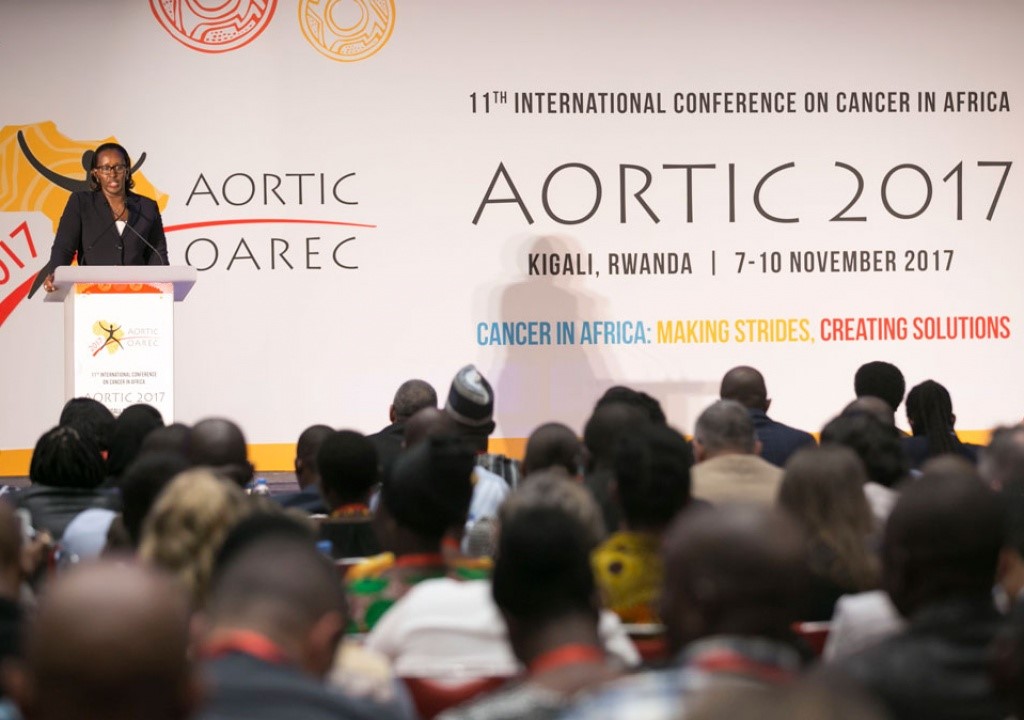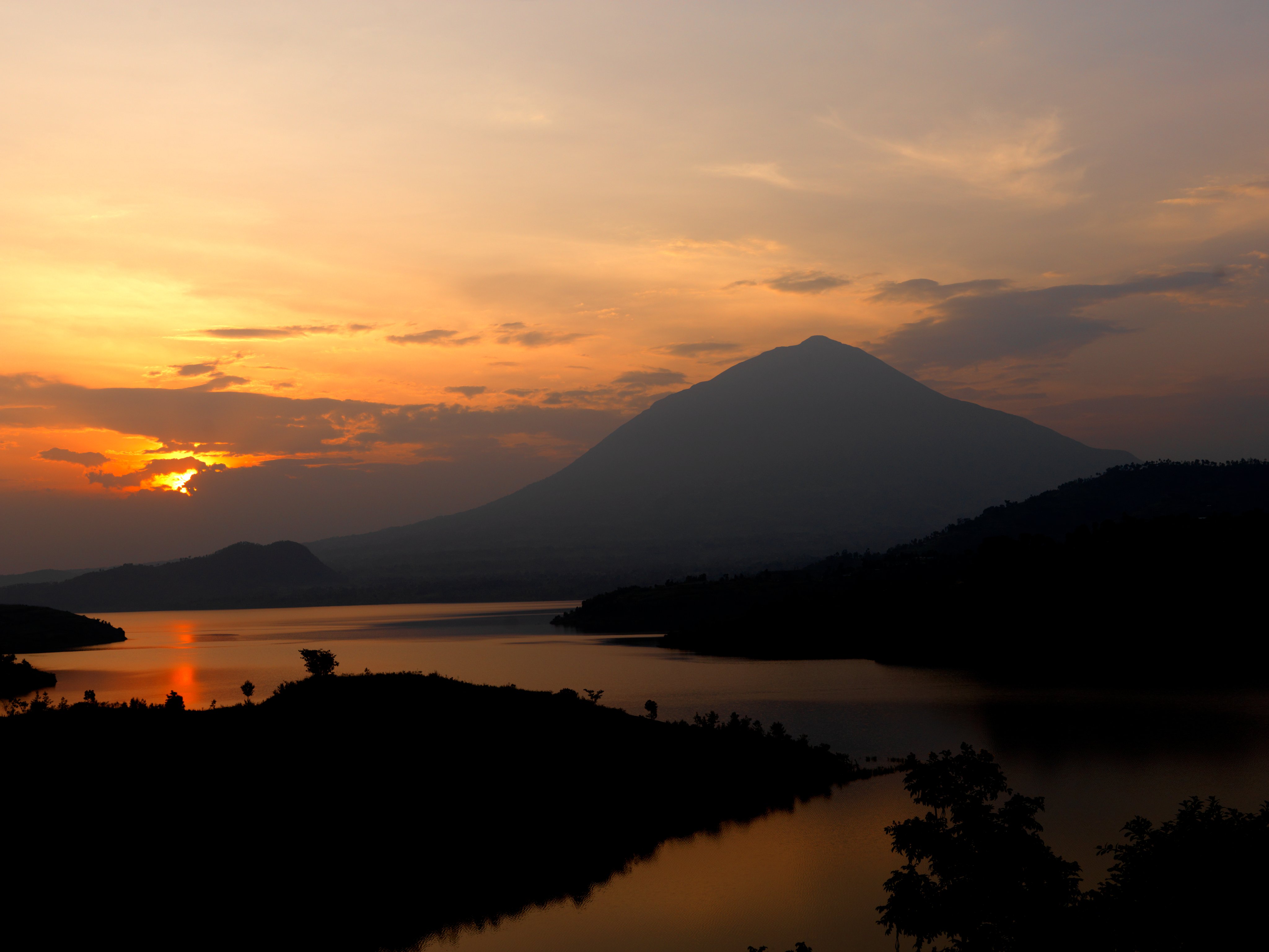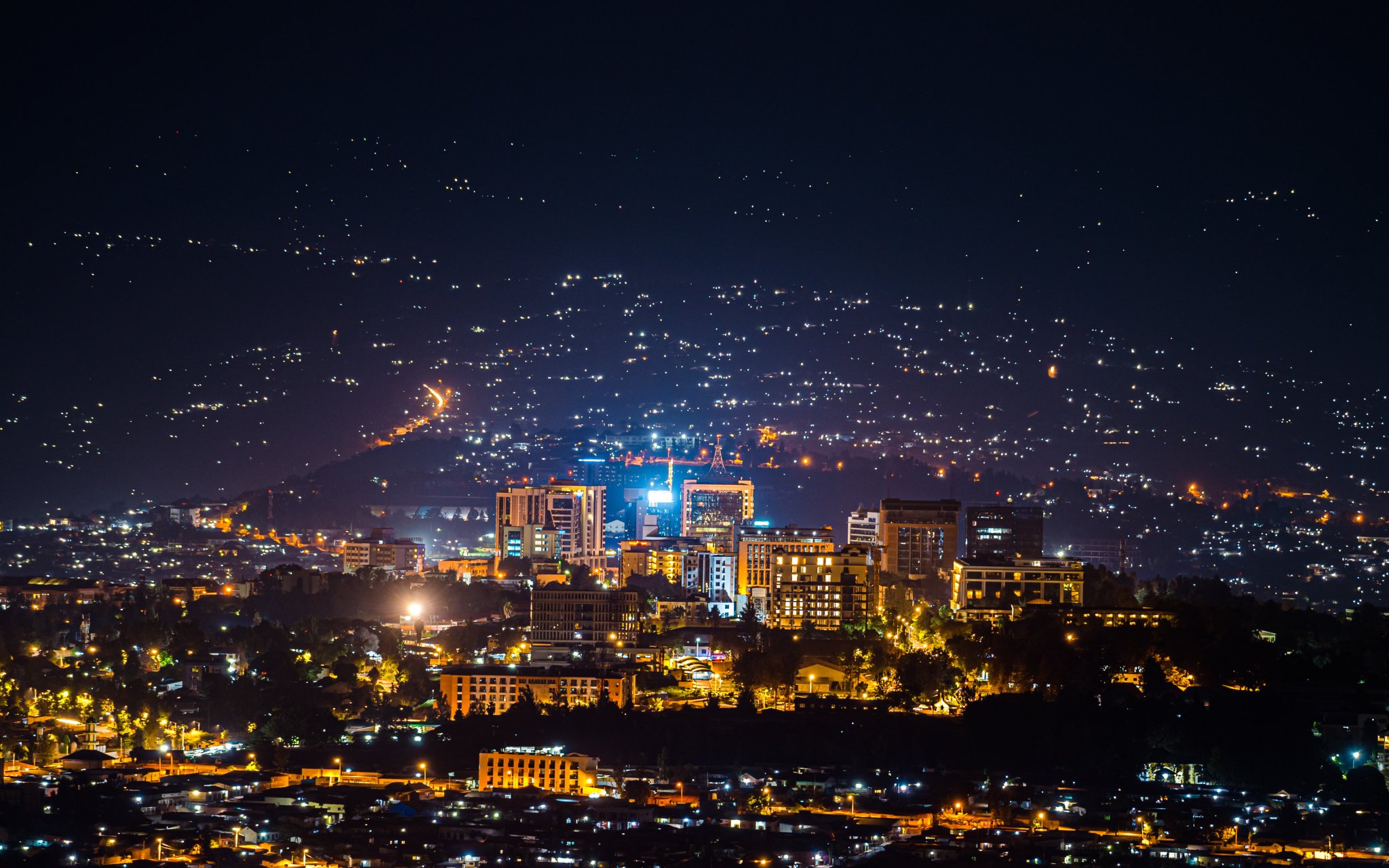Regional
Rwanda Day reinforcing diaspora engagement towards country’s development

Participants of the 2019 Rwanda Day in Bonn, Germany.
After four
years, Rwanda Day is set to return in the United States, Washington D.C. The
event is scheduled for February 2 to 3, 2024, and holds a significant place in
the hearts of Rwandans living abroad and their friends.
Rwanda
Day serves as a stage where the nation's accomplishments are showcased, its
developments celebrated and it gives a platform for attendees to voice their
concerns, and ideas, for the country’s development.
Since
its introduction in 2010, Rwanda Day is the country’s biggest event held
outside its borders, and one of the major factors that have kept Rwandans
living abroad connected to their country.
In
addition, the event is not merely a spectacle but a strategic opportunity to
rally Rwandans abroad for contributions to the homeland's development, through
investments.
The
roots of diaspora mobilization trace back to the Rwandan Patriotic Front's
struggle and the liberation war of the 1990s, where the diaspora played a
pivotal role, not only financially and diplomatically but also in providing
critical manpower for winning the war.
Viewed
in this light, Rwanda Day transcends being a mere developmental call. It is a
strategic move to dissuade the diaspora from engaging in dissent and channel
its energies into contributing to the country’s development.
The diaspora
community, estimated between 400,000 and 500,000 individuals, are grouped in 68
Rwanda Community Abroad (RCA) associations across the world. They form a force
that the Rwandan government recognizes can be used positively based on
engagement, helping in the development of the country.
Digging
deeper into the event, a sociological lens unveils subtle but crucial details
about Rwanda's internal dynamics. Attendees raise concerns about the prevailing
issues in the justice system, such as instances where a judge hesitated to rule
against a military General due to their rank. Land disputes and structural
violence take center stage, prompting the Head of State to promise solutions.
Moreover,
Rwanda Day acts as a stage for identifying rising stars in business and
politics, offering insights into the psyche of the leadership. It sheds light
on the issues paramount in the minds of top officials, highlighting a concern
for those critical of the government, human rights violations, and service
delivery.
The
diversity among attendees, representing varied backgrounds and races, mirrors
Kagame's vision of an "Imagined Cosmopolitan future developed
Rwanda." Beyond national borders, Rwanda Day becomes a platform where
Rwandans abroad combat alienation and connect with friends of Rwanda, fostering
a sense of community.
Rwanda
Day is not merely a political spectacle. It represents a strategic approach to
engage the diaspora, tapping into its potential for national development.
Remittances,
a lifeline for some Rwandans with families abroad, are expected to reach $444
million by the end 2023.
Contrary
to the misconception that remittances are the diaspora's sole contribution,
Rwanda Day serves as a reminder of its broader potential. Drawing parallels
with China and India, where diaspora communities have played pivotal roles in
economic growth, Rwanda aims to leverage the knowledge, expertise, and networks
of its diaspora for holistic development.
Foreign
Direct Investment (FDI) into Rwanda, amounting to $1.2 billion annually is
nearing the total annual remittance figures, underscoring the diaspora's
critical role in the country's economic fabric. The government's efforts to
galvanize diaspora contributions to development have yielded positive results,
yet there is room to learn from success stories like China and India.
Rwanda's
diaspora is not just a financial lifeline but also a strategic asset for the
nation.
The diaspora is a dynamic force for shaping the country's future. In the annual gathering, Rwanda embraces its global community, encouraging them to be active contributors to the nation's development agenda, transcending physical borders and fostering a sense of shared responsibility.


.jpeg-20221214055432000000.jpeg)




